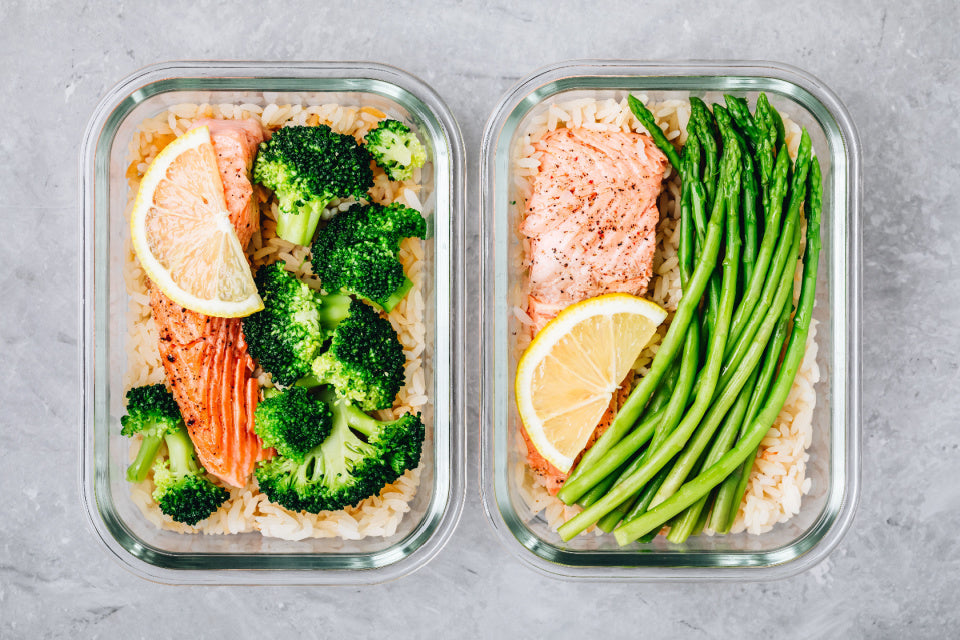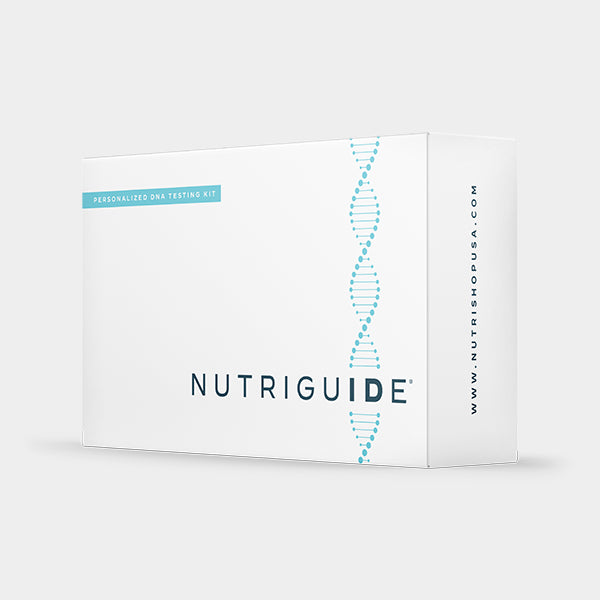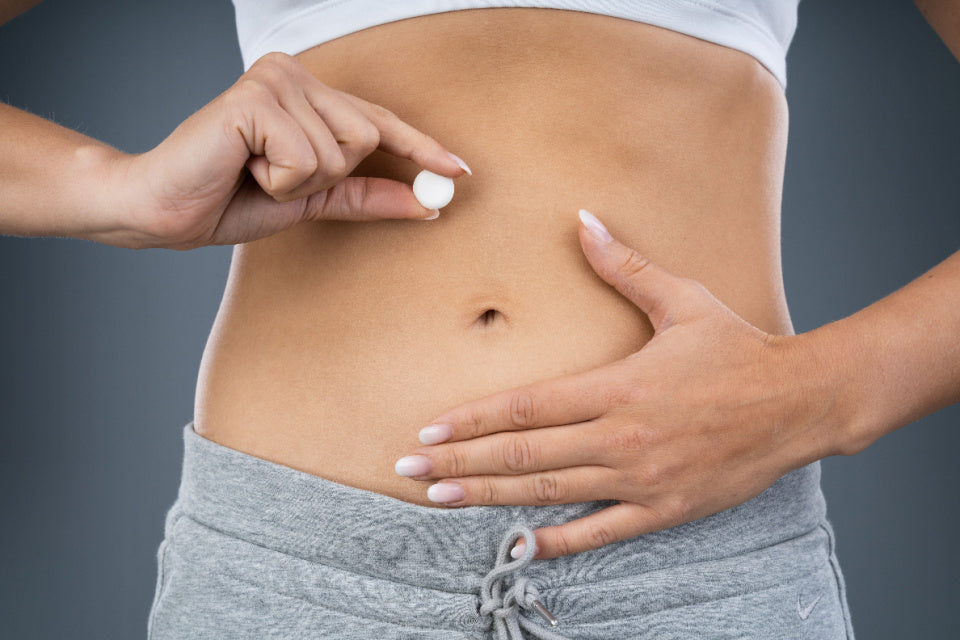You're on a mission to live your best, healthiest life. And, you're killing it. You've got the nutrition dialed in, you're hitting the gym five times a week and your family doc was so impressed by your latest numbers that he personally called you to congratulate you. Well done!
But (you knew a "but" was coming, right?), if you are meal prepping and then storing hot food or heating up your food in plastic containers, you're doing your health a major disservice. While using plastic containers and plastic wraps for cooking and storing foods are quite common in kitchens across America, this convenience unfortunately comes with hidden dangers to our health and environment.
The Risks of Cooking in Plastic Containers
Chemical Leaching: When plastic containers are heated, they can release chemicals like Bisphenol A (BPA) and phthalates into our food. These substances are known endocrine disruptors, interfering with our hormonal systems and potentially leading to serious health issues, including fertility problems, neurological deficits, and an increased risk of cancers.
Carcinogenic Risk: Certain plastics, when heated, can also release carcinogens. Research has linked these substances to an increased risk of developing various forms of cancer, underscoring the importance of avoiding plastic when cooking or reheating food.
Environmental Impact: Beyond personal health risks, the production and disposal of plastic contribute significantly to environmental pollution. Choosing sustainable alternatives is not only a step towards better health but also a commitment to our planet's well-being.
Understanding Safe Plastics
While some plastics are labeled "microwave-safe," this designation can be misleading. It merely indicates that the plastic won't melt or break down at high temperatures, not that it's free from chemical leaching. The safest approach is to avoid cooking with any plastics, even those deemed safe by manufacturers.

Healthier and Safer Alternatives
Glass Containers: Glass is an excellent alternative to plastic. It's non-reactive, meaning it won't release harmful chemicals into your food and is safe for use in microwaves and ovens.
Silicone Covers and Wraps: Silicone-based products offer a heat-resistant, reusable alternative to plastic wraps. They do not contain the harmful chemicals found in plastics and are an eco-friendly choice.
Bee's Wax Wraps: For a natural option, bee's wax wraps are sustainable, possess antibacterial properties, and can be composted after their useful life.
Ceramic and Stainless Steel: Both materials are durable, non-reactive, and easy to clean, making them ideal for cooking and storing food safely.
Tips for Making the Switch
Transitioning away from plastic doesn't have to be overwhelming. Start by gradually replacing plastic containers with glass or stainless steel options. Pay attention to product labels and prioritize investing in high-quality, durable alternatives that support both your health and the environment.





